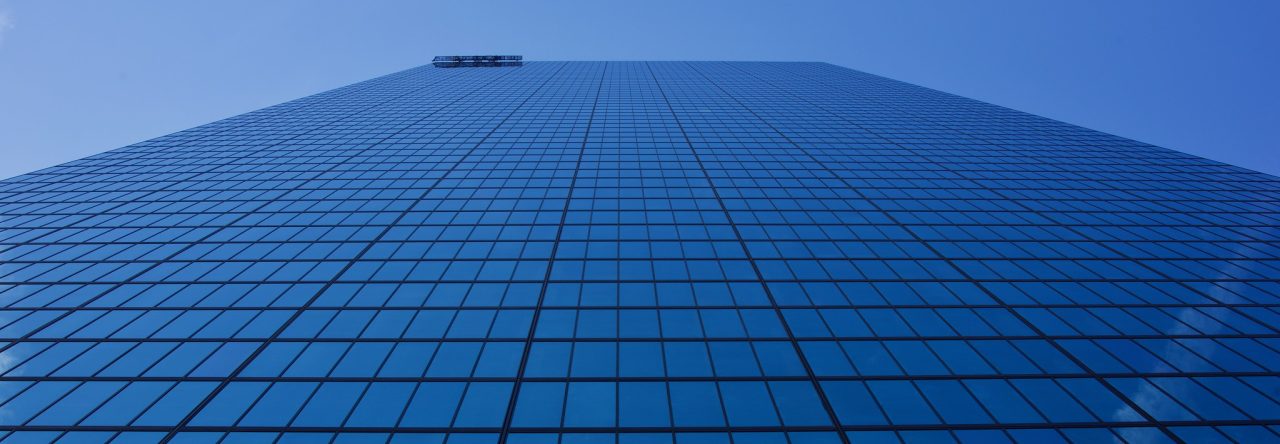Today marks the end of the research portion of my trip, and the beginning of a small vacation with Ruth. As such, I thought it suitable to write some thoughts on my progress so far.
Over the last three weeks I conducted ten interviews, meeting with representatives from B’Tselem, Souktel, Ma’an News Agency, The Center for Peace and Economic Cooperation, Birthright Unplugged, Waze, a conscientious objector, and various activists. I gave a talk to the Decolonizing Architecture collective in Bethlehem, gathering critical feedback on my research direction. I assisted briefly with the Voices Beyond Walls youth video project, and learned how children too are affected by the Occupation.
I rode the bus from Ramallah to Jerusalem nearly every day, subject to the same dehumanizing experience at the Qalandia checkpoint as the Palestinian population. Last week, an old woman noticed me speaking english, and upon learning that I am an American (although I haven’t been telling people that I am jewish), reiterated the importance of bring the story of their suffering to my country. During the long wait in the screening line, she said again and again that we must resist, in our hearts if not with our bodies.
I learned more about the non-technical coping mechanisms that already exist. The status of checkpoints can be relatively easily ascertained by asking taxi drivers, or by calling people who pass through them daily. The prior existence of this literal social network, and the understandable reluctance of the population to submit information that might be misused, could severely limit the utility of a mobile checkpoint reporting tool.
Other tools I had considered, a transit map and bus tracker, also have functional non-technical systems already in place. While as a tourist, I don’t know the detailed routes of the service taxi network, the men who congregate at the bus stations all do, and will tell you where to go even without much Arabic language skill. As there isn’t a defined schedule, buses simply depart when full, a full transit tracker isn’t entirely applicable. Aside from tourists, of whom there are very few, this system would duplicate the already present network, with little added functionality.
I heard again and again from Israelis that the reality of the occupation isn’t widely known by the populace, either due to a lack of information, or more likely, the pervasive dehumanization of the other side. How to tackle this issue is probably outside the scope of what I can achieve in the next year. Maybe the most valuable contribution I can make to the process is to enable some sort of empathy on both sides. Both traumatized populations are in dire need of understanding and discourse. This sounds more like a job for art and literature than science and engineering.
How exactly to do this is left as an exercise to the reader…

Leave a Reply